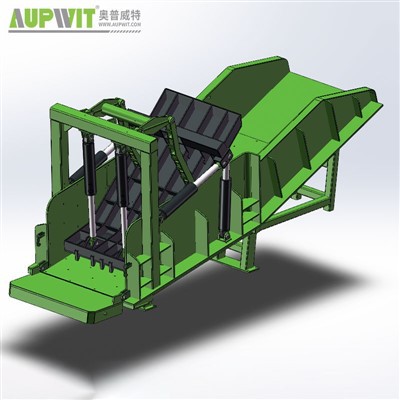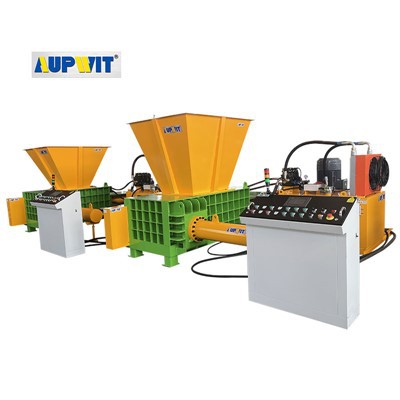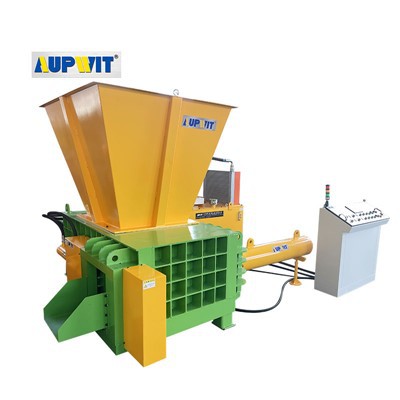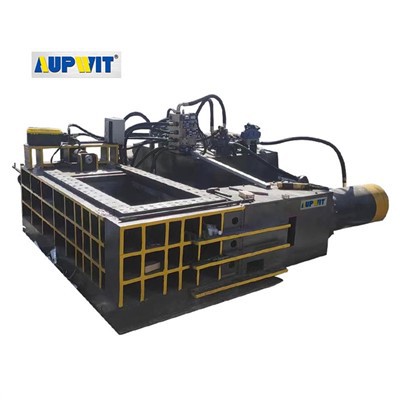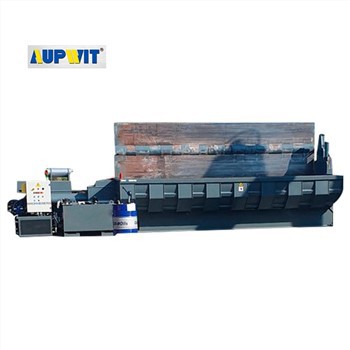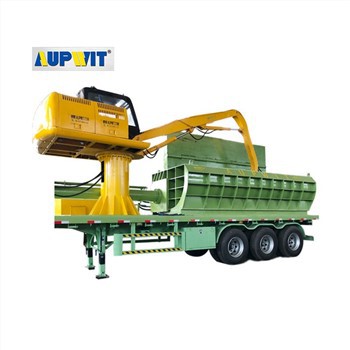Wet Tire Processing Safety Guidelines
Comprehensive safety measures for handling wet tires in vertical balers
1. Strengthening Equipment Protection
- Install anti-slip steps and guardrails around the equipment's feed port to prevent operators from falling on slippery surfaces.
- Install anti-drop locks on the compression chamber door to ensure it closes securely after inserting a wet tire, preventing accidental ejection during compression.
- Install a protective cover for the emergency stop button near the control panel to prevent accidental activation while ensuring quick access in emergencies.
2. Standardizing Wet Tire Pretreatment
- Clean any accumulated water and mud from the tire surface before handling.
- Wipe the tire surface with a dry cloth to reduce the risk of slipping.
- For tires with mud and sand, perform simple cleaning to prevent foreign matter from entering the equipment.
- Place wet tires individually on non-slip trays to prevent over-stacked tires from tipping over.
3. Optimizing Operating Procedures
- Operators must wear non-slip gloves and shoes to enhance grip and foot stability.
- When feeding, push slowly to avoid excessive force that could cause the tire to slip or pinch hands.
- Never insert hands or tools into the compression chamber while the equipment is operating.
- Observe tire compression status from a safe distance using the observation window.
4. Improving the Working Environment
- Promptly clean up any accumulated water and oil in the work area.
- Install non-slip mats or tiles on the floor to reduce slipping risks.
- Maintain good ventilation to reduce condensation on equipment surfaces.
- Regularly check surface levelness around the equipment and repair any hazards.
- Install additional lighting in low-light areas for better visibility.
5. Strengthening Equipment Inspection
- Regularly inspect anti-slip rubber strips and clamping devices at the feed inlet.
- Before each wet tire treatment, test-run the equipment to confirm normal operation.
- Provide a first aid kit and emergency contact information nearby.
- Ensure operators are familiar with emergency procedures for prompt response.


